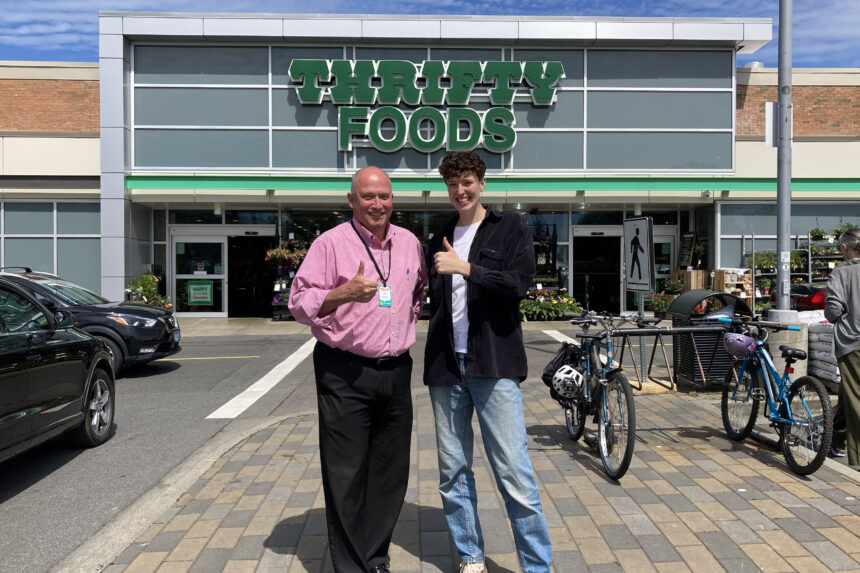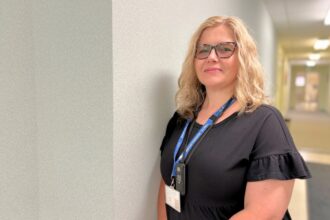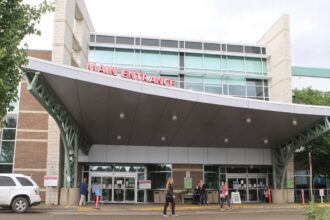In the heart of Victoria’s James Bay neighborhood, a remarkable transformation is taking place—one meal, one conversation, and one connection at a time. The Victoria Community Food Program has evolved far beyond its initial mission of addressing food insecurity to become a vital social lifeline for residents facing isolation and economic challenges.
“What began as a simple food distribution effort has blossomed into something much more profound,” explains Maryanne Smith, the program’s coordinator. “We’ve witnessed how sharing meals creates natural opportunities for people to connect, especially for those who might otherwise spend days without meaningful human interaction.”
The program’s weekly community dinners have become the cornerstone of its success. Every Thursday evening, volunteers transform the James Bay Community Centre into a vibrant gathering space where approximately 80 residents come together. The atmosphere deliberately mimics a family dinner rather than a charity service, with participants seated at communal tables, engaging in conversations that span generations and backgrounds.
Research consistently demonstrates the profound impact such initiatives have on community health. According to recent CO24 News reports, similar programs across Canada have shown measurable improvements in participants’ mental health and social integration. Victoria’s program stands out for its holistic approach, addressing both nutritional and emotional needs simultaneously.
“I started coming just for the free meal,” admits Roger Talbot, a retired teacher who lost his wife two years ago. “But I keep returning for the friendships. This weekly dinner is now the highlight of my social calendar.”
The program’s impact extends beyond scheduled events. A growing network of participants now organize impromptu gatherings, from walking groups to book clubs. This organic community-building represents the program’s greatest achievement—creating sustainable connections that function independently of the organized structure.
Financial support remains a challenge, especially as the program expands to meet growing demand. Currently, the initiative operates through a combination of municipal grants, local business sponsorships, and private donations. Program organizers are exploring partnerships with CO24 Business networks to create sustainable funding models that could be replicated in other neighborhoods.
“The beauty of this approach is its simplicity,” notes Dr. Elena Karimi, a social policy researcher at the University of Victoria. “The program addresses multiple societal challenges simultaneously—food security, mental health support, and community cohesion—all through the fundamental human activity of sharing meals.”
As Victoria grapples with rising living costs and changing demographics, programs like this represent an innovative approach to Canada News on community resilience. Similar initiatives are emerging in neighborhoods across the country, adapting the core concept to fit local needs and resources.
For those involved, the impact is immediate and tangible. “The most beautiful moment each week is watching people arrive as strangers and leave as friends,” says volunteer coordinator Jamie Wilson. “We’re not just filling stomachs; we’re filling a fundamental human need for connection.”
As communities nationwide search for solutions to growing isolation and economic disparity, Victoria’s experience raises an important question: Could our most effective social programs be those that return to the most basic human traditions—breaking bread together and sharing our stories?


















